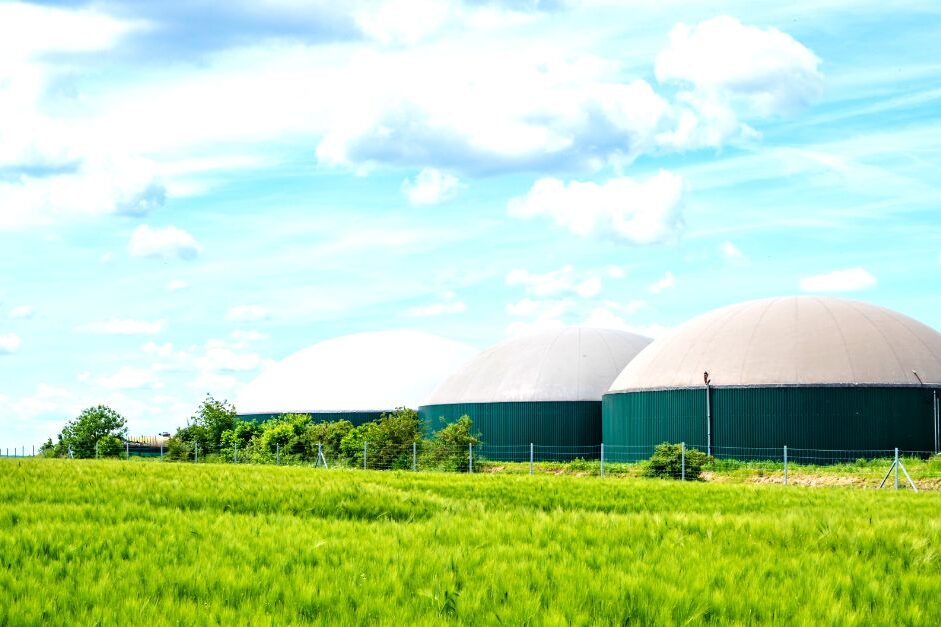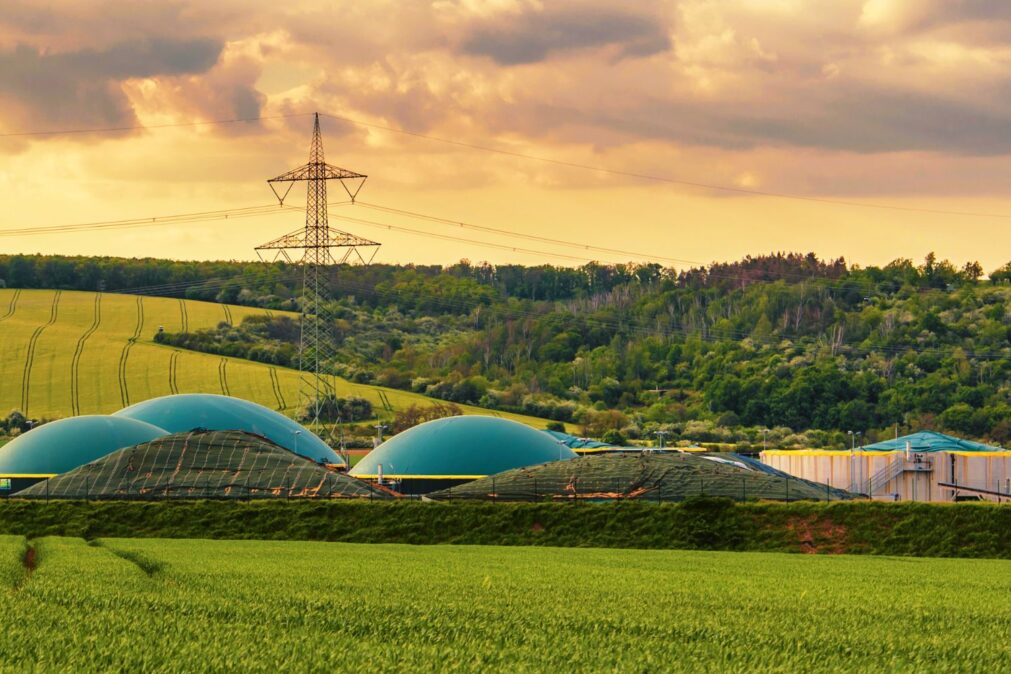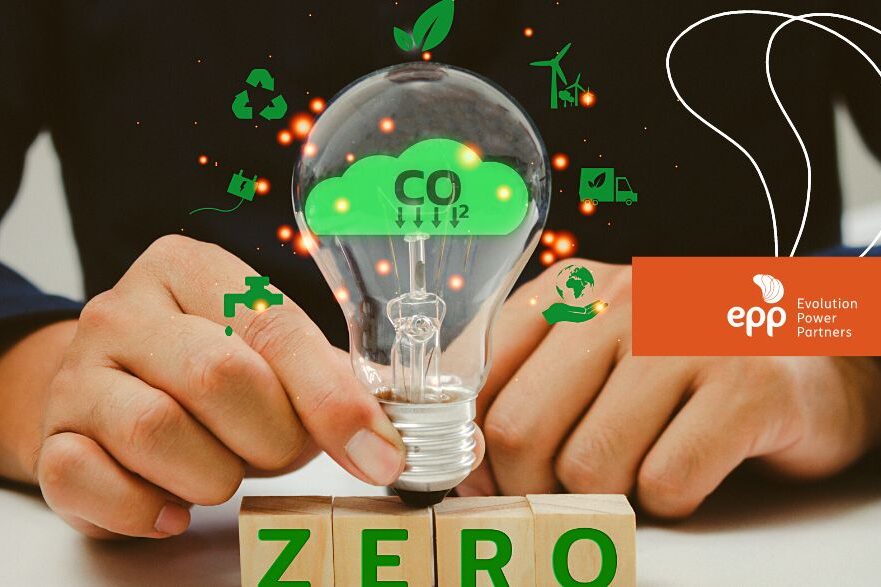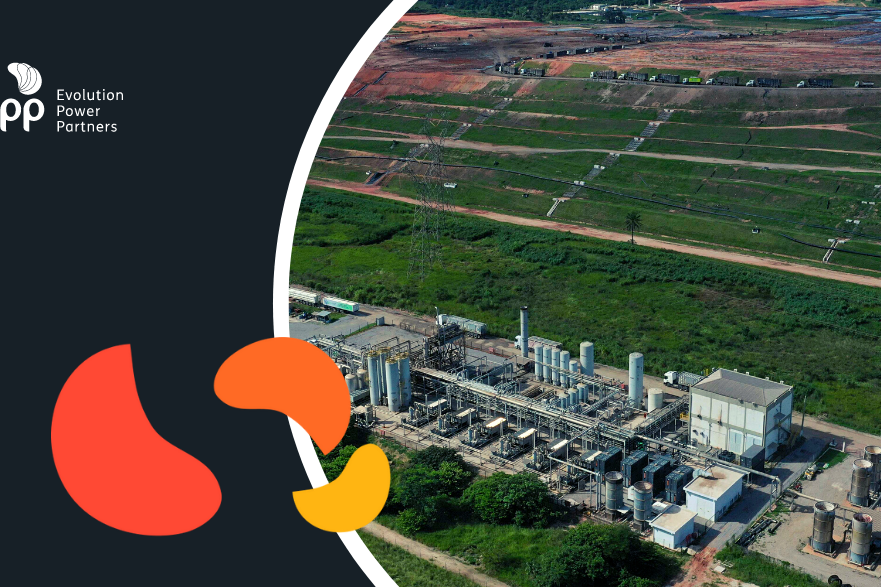Brazil has 27 new biomethane plants planned for the coming years. Understand export potential.
Brazil still does not produce even 1% of its biomethane production potential, which can reach 100 million m³/day. Currently, there are ten biomethane plants in Brazil, located in Ceará, Rio de Janeiro, São Paulo and Paraná, but the perspective is for growth, including for export.
The export of biomethane in Brazil has been gaining prominence in recent years, providing great opportunities for the sector. Biomethane is an important renewable fuel, produced from biogas, which can be used for various applications.
Investing in gas is advantageous, as it is possible to reduce dependence on fossil fuels, reduce greenhouse gas emissions, increase job creation and improve the quality of life of the population through the availability of clean energy.
Biomethane growth expectations in Brazil
Although biomethane was regulated in Brazil only in 2020, the technology has been growing rapidly in the country. Biomethane is the name given to the renewable fuel produced from the purification of biogas, which can be produced in the sugar and alcohol industry, from residual organic material, such as vinasse and sugarcane filter cake, from the process of cultivation and processing of sugarcane.
According to the Brazilian Association of Piped Gas Distribution Companies (Abegás) and the Brazilian Biogas Association (Abiogás), there will be 27 new biomethane plants with the potential to connect to existing gas pipelines. The state of São Paulo has a forecast for 15 new plants, followed by 6 new ones in Rio Grande do Sul.
According to the associations, national production should reach 2.2 million m³/day by 2027, 1.3 million of which coming from biogas from the sanitation sector. With this, it will be possible to develop the use of renewable fuel by state concessionaires. Experts believe that in two years the market will be more robust and the participation of biomethane will be more expressive.
Therefore, the potential of biomethane is gigantic. To get an idea of what this volume represents, the Brazil-Bolivia gas pipeline delivers around 30 million m³ of natural gas per day. The production of biomethane from waste can generate a volume four times greater.
Advantages of exporting biomethane
Exporting biomethane has many advantages for those involved in the process. The biggest advantage is that it offers a sustainable alternative for the production and use of energy, helping to reduce dependence on energy from fossil fuels. In addition, the export of biomethane helps reduce greenhouse gas emissions, reducing the effects of global warming.
In this sense, seeking solutions against climate change, investment in biomethane exports also helps in decarbonization, mainly in the transport sector. In this case, it is not necessary for the biomethane to be connected to the distribution networks, and can be used in fleets of heavy vehicles, such as trucks and buses close to the production sites.
According to the PDE 2032, the biomethane production potential should reach 19.2 billion normal cubic meters (Nm³) in 2032, reaching an average potential of 2.1 GW for the export of electricity from this fuel. The values take into account the public policies that promote the fuel sector and the still untapped potential of biomethane.
Gás Verde produces biomethane, the 100% renewable fuel, issues the CBIO decarbonization credit in accordance with ANP specifications and, starting in 2023, will produce green CO2. It also delivers the BIORec, a traceability certificate for the purchased biomethane, to customers.
Gás Verde’s sustainable solutions support the treatment of waste, the transition of companies to a cleaner energy matrix and, by 2023, will contribute to avoiding 500 thousand tons of CO2 in the atmosphere.
By using 30 million m³/day of biomethane in the transport sector, it is possible to replace the diesel used by these vehicles, making Brazil save between US$ 6 billion and US$ 7 billion per year in diesel imports and become less dependent. Other countries, such as Sweden and the USA, already use this gas in public bus transport.
Thus, in the coming years, biofuels will continue to be important for security of supply, diversification of the energy matrix and reduction of GHG emissions. Hitching a ride, biomethane should grow in Brazil, generating potential for export.






